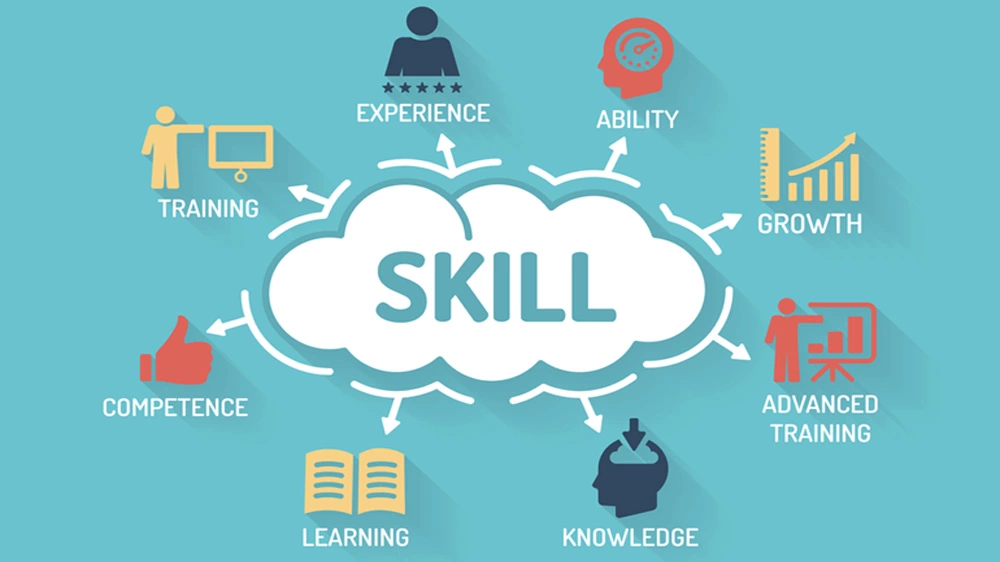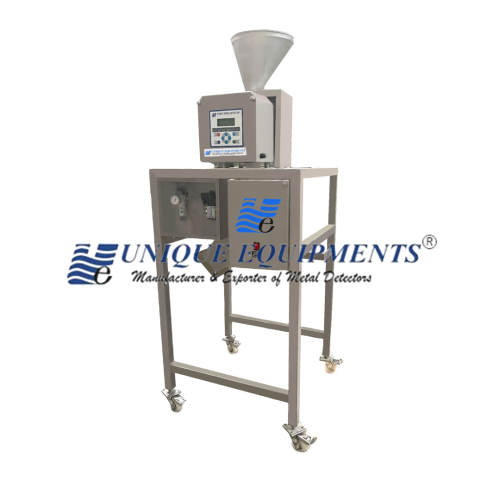Trainer Currency: Four Simple Ways to Stay Current and Compliant
In the vocational education and training (VET) sector, trainer currency is an essential component of maintaining the quality and relevance of training programs. It refers to the requirement for trainers and assessors to stay up-to-date with their industry knowledge, skills, and competencies. This ensures that the training they deliver is relevant, aligned with current industry practices, and compliant with regulatory standards.
Maintaining trainer currency is not only a regulatory requirement but also a professional responsibility. By staying current, trainers ensure that their learners receive the most up-to-date and industry-relevant education, equipping them with the skills they need to succeed in the workforce.
In this article, we’ll explore what trainer currency is, why it’s important, and four simple ways trainers can maintain their currency, based on insights from this blog.
What is Trainer Currency?
Trainer currency refers to the continuous process of updating one’s knowledge, skills, and industry experience to ensure that the training delivered remains relevant and in line with current industry standards. In the VET sector, trainers must maintain currency in two key areas:
- Vocational Competency: This relates to a trainer’s up-to-date knowledge of the industry they teach. Trainers must demonstrate that they are familiar with the latest industry trends, tools, technologies, and practices.
- Training and Assessment Competency: This refers to staying updated on the latest methods of training delivery and assessment in the VET sector. Trainers must demonstrate their ability to use modern training methods, comply with VET sector regulations, and apply best practices in education and assessment.
Why is Trainer Currency Important?
Maintaining trainer currency is essential for several reasons:
- Compliance: Regulatory bodies, such as the Australian Skills Quality Authority (ASQA), require trainers to maintain their vocational and training competencies. RTOs (Registered Training Organisations) must provide evidence that their trainers are compliant with these standards during audits.
- Relevance: The world of work is constantly evolving. New technologies, methods, and industry practices emerge frequently. Trainers who stay current ensure that they can deliver relevant training that aligns with industry needs and expectations.
- Credibility: A trainer’s credibility is enhanced when they demonstrate current industry knowledge. Learners and employers are more likely to trust a trainer who can offer insights into contemporary industry practices.
- Quality of Training: Maintaining currency ensures that trainers can provide high-quality training, using the latest tools, techniques, and knowledge that their learners need to succeed in the workplace.
Four Simple Ways to Maintain Trainer Currency
Maintaining trainer currency can seem like a daunting task, but it doesn’t have to be. By engaging in ongoing professional development and staying connected to the industry, trainers can ensure that they remain current in both their vocational and training competencies. Here are four simple ways to maintain your trainer currency:
1. Participate in Industry Networks and Events
One of the most effective ways to maintain vocational currency is by actively participating in industry networks, events, and professional associations. These provide opportunities to stay informed about the latest industry developments, connect with other professionals, and learn from industry leaders.
Here’s how to do it:
- Join Professional Associations: Many industries have professional associations that provide members with resources, networking opportunities, and updates on industry trends.
- Attend Conferences and Workshops: Industry conferences, workshops, and seminars offer a great way to learn about the latest innovations, technologies, and practices in your field.
- Engage in Online Communities: Many industries have vibrant online communities on platforms like LinkedIn, where professionals share insights, discuss new developments, and network with peers.
By staying connected with industry networks and regularly attending events, trainers can stay informed about the latest trends and best practices, ensuring that their knowledge is up-to-date.
2. Undertake Ongoing Professional Development
Professional development is crucial for maintaining trainer currency. It involves engaging in activities that enhance both your vocational skills and your competencies as a trainer or assessor.
Here’s how to stay on top of your professional development:
- Complete Industry-Related Training: Take short courses or workshops to enhance your skills and knowledge in your vocational area. For example, if you teach in the technology sector, you could complete courses on new software or hardware technologies.
- Engage in Training and Assessment PD: Stay current with the latest training and assessment methodologies by attending workshops or courses that focus on education strategies, assessment tools, or compliance updates in the VET sector.
- Obtain New Qualifications: If relevant, consider pursuing additional qualifications or certifications that demonstrate your up-to-date vocational expertise.
Undertaking ongoing professional development ensures that trainers remain skilled in their industry and competent in delivering training and assessment.
3. Gain Current Industry Experience
One of the most effective ways to maintain vocational currency is by gaining hands-on industry experience. This allows trainers to stay connected to real-world practices and directly apply the latest tools, technologies, and methods used in their field.
Here are ways to gain industry experience:
- Work in the Industry Part-Time: Many trainers work part-time or on a casual basis in their industry. This allows them to stay engaged with industry practices while also delivering training.
- Volunteer in Industry Projects: Volunteering for industry-related projects or initiatives can be an excellent way to gain experience and stay connected to industry developments.
- Shadow Industry Professionals: Spending time with industry experts through job shadowing or professional mentorships can provide valuable insights into current industry practices and emerging trends.
Gaining industry experience ensures that trainers stay relevant, bringing real-world knowledge and practical insights back into their training sessions.
4. Stay Up-to-Date with Industry Publications and Research
Another simple way to maintain currency is by staying informed through industry publications, journals, and research. Many industries have trade magazines, journals, and research reports that provide insights into the latest trends, technologies, and innovations.
Here’s how to stay updated:
- Subscribe to Industry Journals and Magazines: Many industries have trade journals or magazines that publish regular updates on the latest trends, tools, and technologies.
- Follow Industry News: Keep up with relevant news outlets and websites that cover developments in your industry.
- Engage with Research and Reports: Reviewing industry research reports and white papers can help you stay informed about the latest innovations, regulatory changes, and best practices in your field.
By regularly reading industry publications and staying informed about the latest developments, trainers can ensure that they are aware of current industry standards and trends.














Post Comment